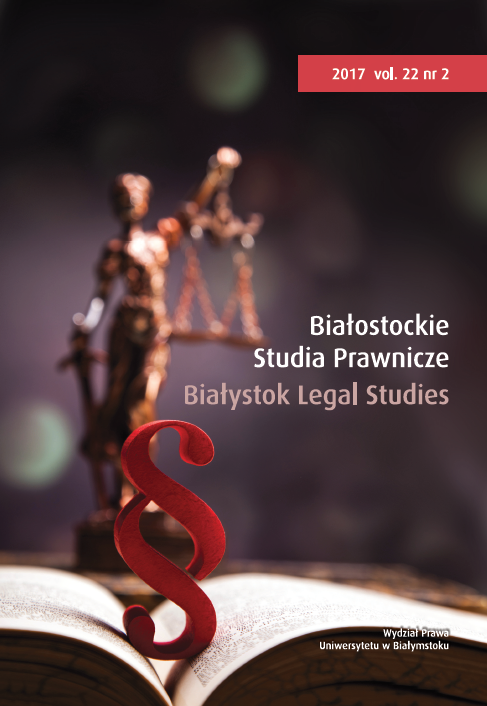Aktualne problemy diagnostyki preimplantacyjnej w kontekście dążeń rodziców do realizacji projektu rodzicielskiego
Current problems associated with Preimplantation Genetic Diagnosis in the context of parental aspirations
Author(s): Kinga Bączyk-RozwadowskaSubject(s): Welfare systems, Health and medicine and law
Published by: Temida 2
Keywords: Preimplantation Genetic Diagnosis; medically assisted procreation; embryo selection; choice of sex; designer baby; saviour sibiling; welfare of the child;
Summary/Abstract: Preimplantation Genetic Diagnosis (PGD) is designed to assist in conception in cases where a background of serious hereditary disease exists in one or both partners and it is seen necessary to screen out embryos that may be carrying chromosomal or genetic abnormalities. Therefore, and regardless of whether a state of infertility otherwise prevails, the procedure may only be lawfully applied to alleviate the risk of transmitting specific genetic disorders to a child. In practice, PGD raises many ethical objections as a method which – as doctrine says – commodifies reproduction and enables the unwanted practice of positive eugenics (selection of embryos of a particular sex or one bearing certain qualities). Parents may be prone to choose the features of their future child and decide, by means of PGD, to produce a baby of a certain sex, genetic make-up or tissue match for a living sibling. The legislator should therefore intervene and establish a normative framework for the practice of PGD and maintain continuous control over its application to prevent abuse of the child’s welfare.
Journal: Białostockie Studia Prawnicze
- Issue Year: 22/2017
- Issue No: 2
- Page Range: 11-33
- Page Count: 23
- Language: Polish

